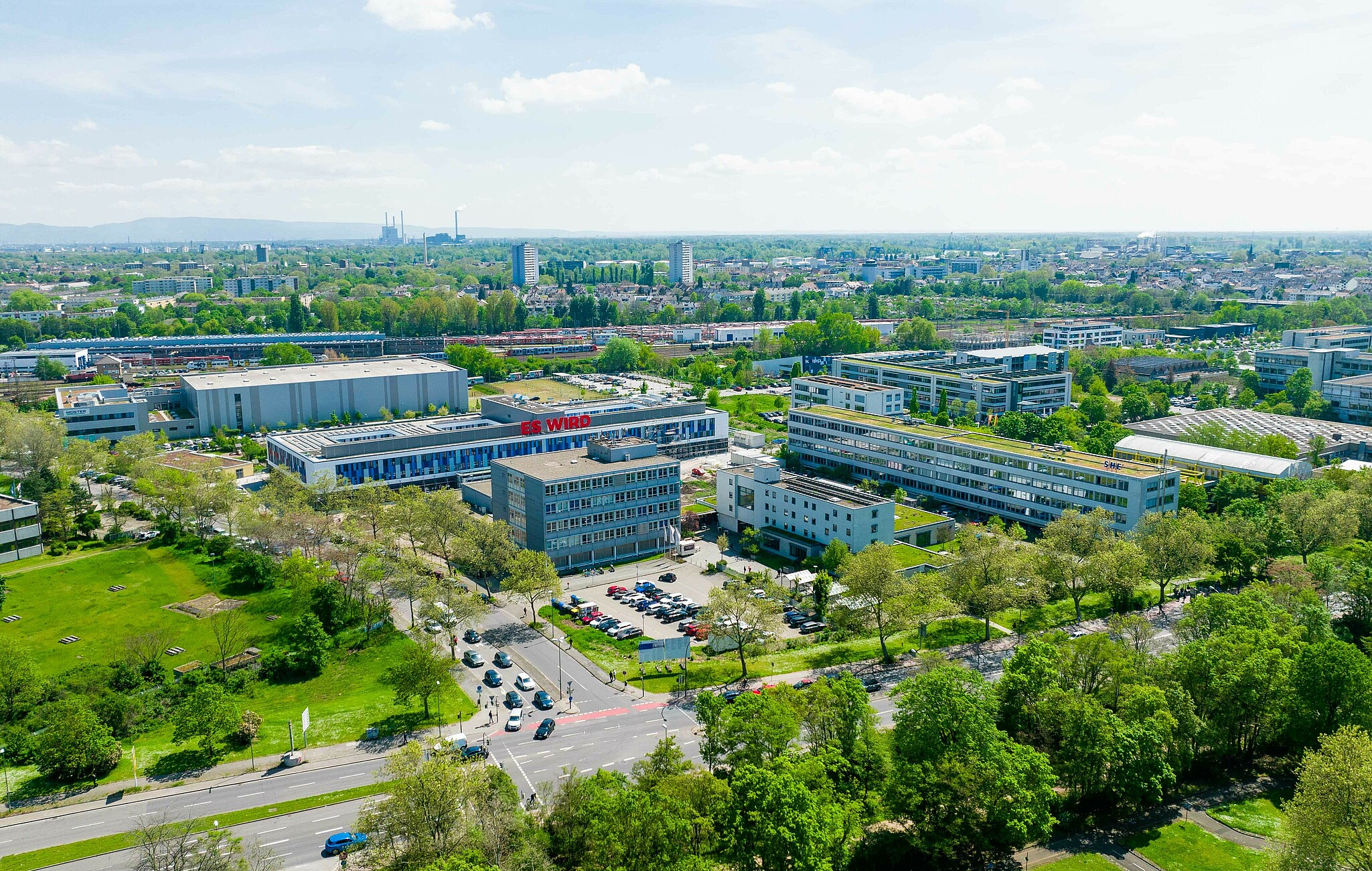"Zoom fatigue" describes the tiredness or even exhaustion that sets in after numerous virtual meetings during the day and week - a working reality that, in view of the Corona crisis, has been part of everyday working life for many employees for ten months now.
The Institute for Employment and Employability IBE has studied the phenomenon of "zoom fatigue" and already conducted a survey on this at the beginning of September 2020. In December 2020, the empirical investigation was now repeated in a 2nd phase in order to make possible developments visible.
330 managing directors, executives, HR managers, HR specialists, works and HR councils and HR experts took part in the survey in December 2020. The topics under discussion are
- Number of virtual meetings,
- average duration of virtual meetings,
- Evolution of Zoom-Fatigue since September 2020,
- Visibility of Zoom Fatigue,
- Stress factors and drivers of zoom fatigue,
- Possible actions related to zoom fatigue.
The research shows that although nearly three-quarters of respondents report being in virtual meetings more often, there is no significant increase in the group of people who feel zoom fatigue.
However, respondents who feel Zoom Fatigue do perceive an increase in fatigue. This development is not necessarily associated with an increase in the frequency of zoom fatigue. This allows the thesis that the number of virtual meetings does not have to be decisive. The design of the meeting itself can also lead to an increase in the stress state.
The central characteristics of Zoom-Fatigue are mainly visible in the "reduction of concentration", "impatience", "being annoyed". This has hardly changed in the last months and in the further course of the Corona crisis.
The comparative data from September 2020 and December 2020 show that learning effects can be observed. On the one hand, organizational measures are being taken to limit zoom fatigue. Secondly, employees are becoming increasingly accustomed to this form of communication and collaboration. Third, the technical framework is being expanded or professionalized, which also leads to a reduction in stress.
Despite these technical and organizational advances, zoom fatigue is increasing due to a lack of networking and small talk opportunities. Even as employees become accustomed to virtual meetings, these stress factors do not diminish in importance.
Meeting design can be an important tool against zoom fatigue. For example, measures related to the organization and especially the facilitation of virtual meetings are most frequently cited in reducing zoom fatigue.
Technical measures to reduce fatigue (e.g., "together modes"), on the other hand, are (still) in the background. Nevertheless, an increase in importance can be observed. It can be assumed that more and more employees are now aware of the technical possibilities and have also gained initial experience. In addition, technical progress in the tools can be assumed.
All results of the first and second phase of the study "Zoom-Fatigue" are available as text version as well as graphically processed for free download at: https: //www.ibe-ludwigshafen.de/zoom_fatigue-phase2/.
© IBE (2020): "Zoom-Fatigue - Phase 2"
Expert contact
University of Applied Sciences Ludwigshafen
Institute for Employment and Employability IBE
Prof. Dr. Jutta Rump
Tel.: 0621/5203-238
prof.dr.rump@ 8< SPAM protection, please remove >8 ibe-ludwigshafen.de
http://www.ibe-ludwigshafen.de




